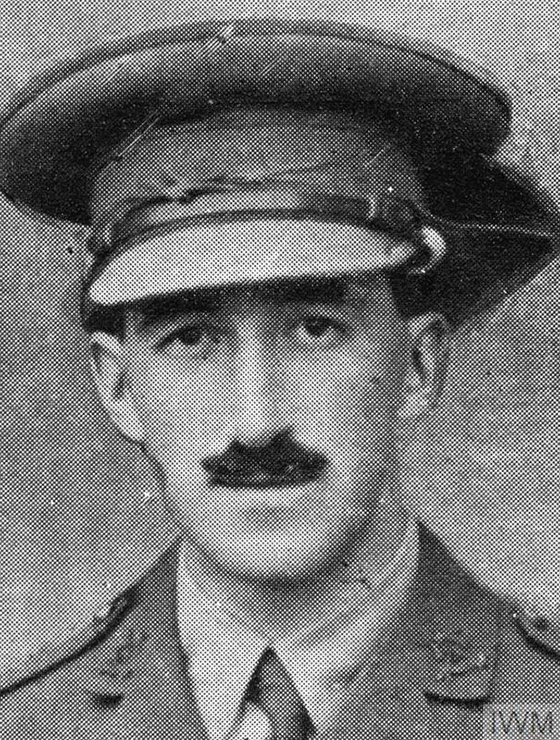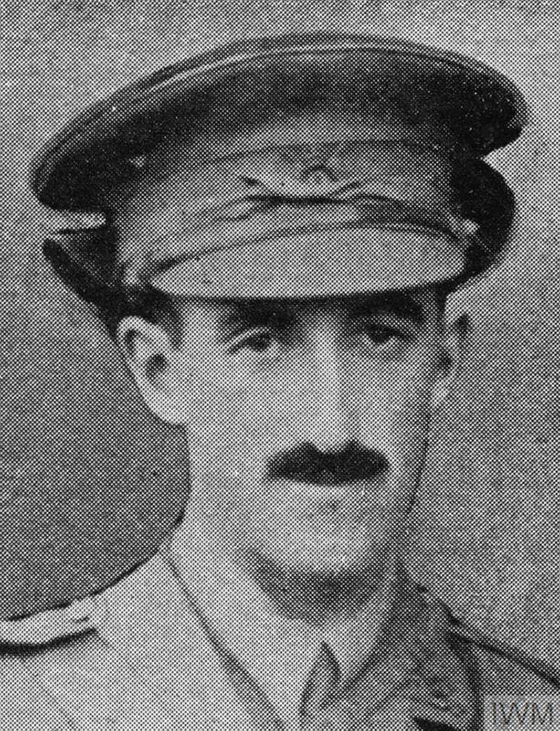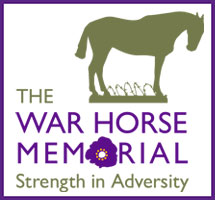Private Frederick Lester Rickaby
Tank Corps
Died 11 October 1918
Aged 23
Frederick (Fred) Lester Rickaby was born in 1894 to Frederick Edward & Edith Rickaby of Newmarket. Fred had two sisters, Florence and Lilian, and the Rickabys were a racing family. Fred’s father was a jockey and had won three classic races, and his grandfather also called Frederick was a noted trainer.
After schooling Fred was apprenticed to Felix Leach at Newmarket and took on the job of First Jockey at Stanley House for George Lambton at the age of 18. Fred went on to a successful career; in 1911 alone he won 73 races, and over the course of his career won five Classic races. He won the Goodwood Cup on Magic in 1910, and the Oaks on Jest in 1913. He won the One Thousand Guineas four times in five years: on Mr J B Noel’s Jest, 1913; Lord Roseberry’s Vaucluse, 1915; Lord Derby’s Canyon,1916; Lord D’Abernon’s Diadem,1917.
In 1915 Fred married Grace Rosetta Griggs, sister of the noted jockey Walter Griggs, who had married Fred’s sister Florence in 1913. Fred and Grace had two sons, (yet another) Frederick born 1916, and William born 1917, both of whom would go on to be noted careers as a trainer and jockey respectively.
In 1916 Fred joined the army. Initially serving with the Veterinary Corps, reaching the rank of acting Corporal before being transferred to the ‘A’ Battalion (later the 1st battalion) Tank Corps in 1917 as a private.
In October 1918, during the final days of the war, Fred was wounded. He died on 11 October at one of the Casualty Clearing Stations at Doingt in France. He was 23 years old. He is buried in Doingt Communal Cemetery Extension.
After his dead Fred’s younger sister Lilian named her son Lester Piggott in honour of her brother. Lester too would go on to became a famous jockey.
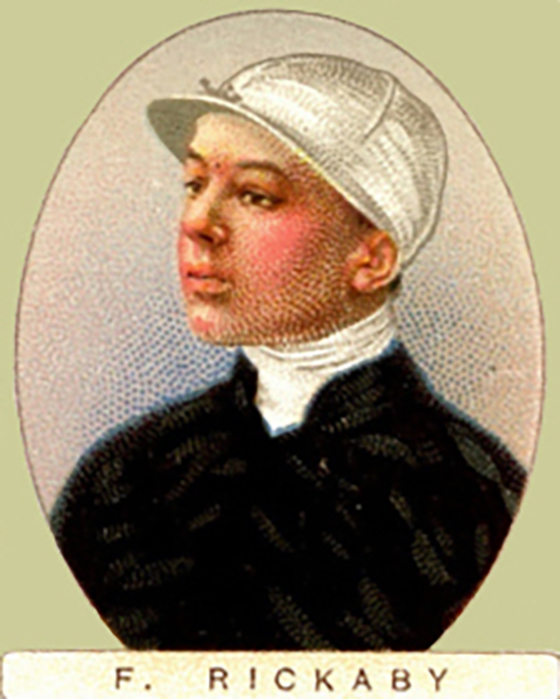
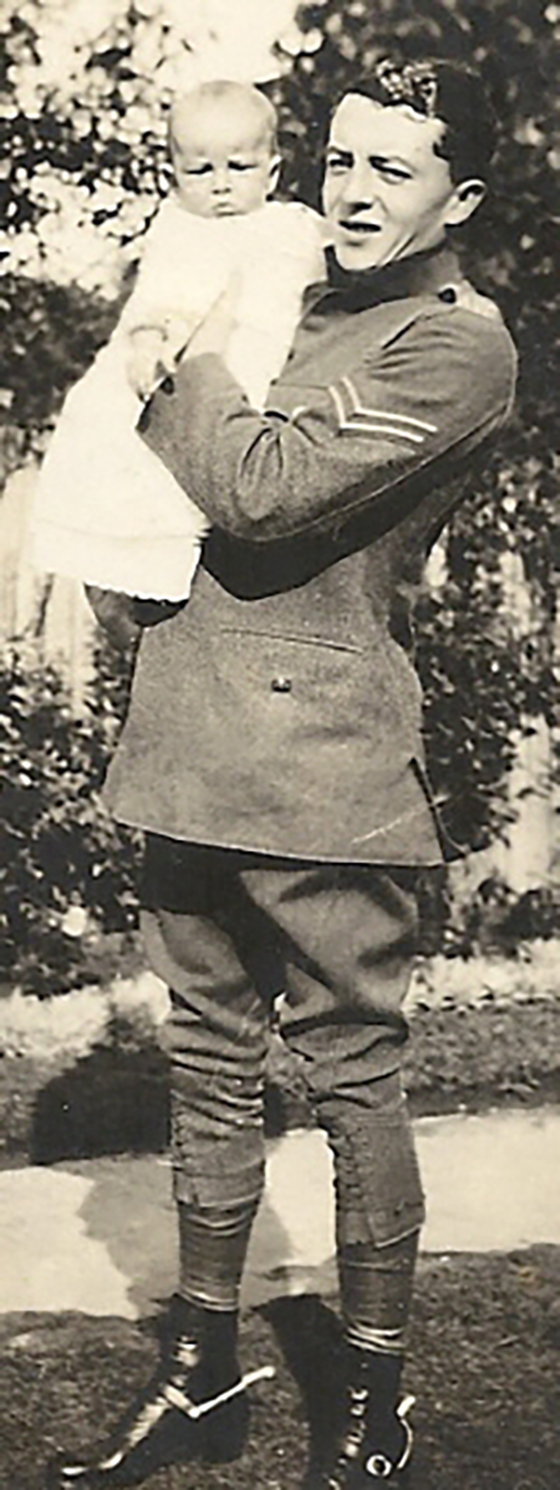
Lieutenant Brian Osborne
15th (The King’s) Hussars.
Died: 11 November 1914
Age: 25
Brian was born on 18 November 1888 in Sydney, Australia, to Helen and Frank Osborne. The family moved to England and Brian was sent to be educated at Harrow school.
At school Brian displayed his sporting ability, representing the school in cricket, football and racquets, winning the Ebrington Cup in cricket two years in succession in 1905 and 1906. Brian’s father had served as a Captain in 13th Hussars and when Brian left school, he entered the Royal Military College, Sandhurst. Here Brian displayed considerable aptitude for the military life being quickly promoted to Colour-Sergeant and upon passing out was awarded the Sword of Honour.
In February 1908, he was gazetted to the 15th (The King’s) Hussars and joined them at Muttra, India. Continuing on his competitive sporting ability, Brian held the regimental record for the number of “first spears” for pig-sticking. He also played polo for his regiment, and was in the regimental team that won the Inter-regimental polo tournament in South Africa in 1911.
In 1912, Brian was sent to the Cavalry School in Netheravon. Here, he played in the number 1 position in the 15th Hussars’ polo team where he captained the team to success at the Inter-regimental tournament at Hurlingham. An excellent sportsman, as well as a very fine horseman, Brian was well-known at the Cavalry Club and local hunt in Warwickshire.
On 18 August 1914, the 15th Hussars were sent to France. Brian’s squadron was attached to an infantry division to act as reconnaissance troops, and saw action during the early engagements of the B.E.F. at Mons, the Marine and the Aisne in France and in October at the First Battle of Ypres in Belgium.
During the closing stages of the battle at Ypres in November, Brian was commanding a machine gun section holding the line near Herenthage Château east of Ypres. On 11 November the elite Prussian Guard of the German Army attacked the British lines, over running Brian’s position. Nothing was known of his fate, and he was initially recorded as missing in action, until a letter was received from one of Brian’s comrades who had been taken prisoner by the Germans. The letter stated that Brian and had been killed, shot in the head while commanding his guns against the German advance.
Originally commemorated on the Menin Gate memorial, Brian is now known to be buried in CWGC Bedford House Cemetery, Enclosure 4. Plot IV. Row A. Grave 1.
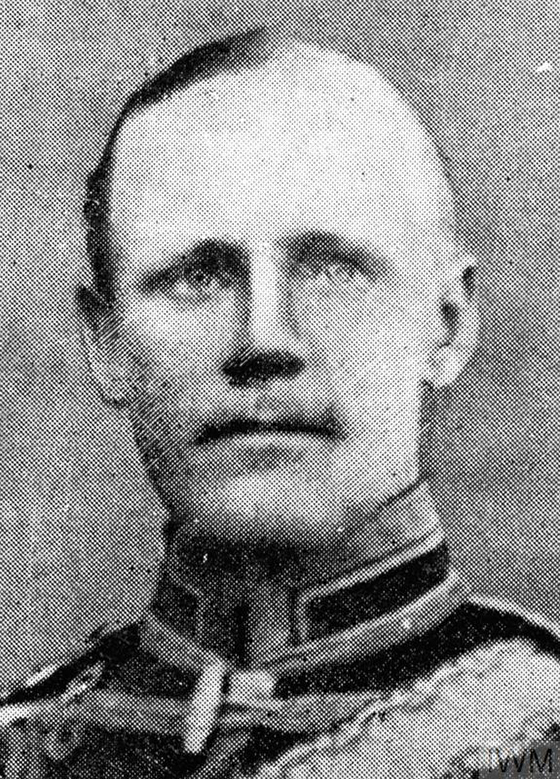
Captain Riversdale Nonus Grenfell and Captain Francis Octavius Grenfell VC
9th (Queen’s Royal) Lancers
Died 14 September 1914 & 24 May 1915
Aged 34 & 35
Riversdale Nonus Grenfell and Francis Octavius Grenfell were twins born on 4 September 1880 in Surrey to Sophia and Pascoe du Pre Grenfell. They were the fifteenth and sixteenth children to be born to the couple. The twins grow up on the family estates in Guildford and Buckinghamshire and were already gifted riders by the time they went to Eton College in 1894.
At Eton Francis became Master of the Beagles while Riversdale was the hunt Whip. Together they played an important role in the Hunt, raising funds for the building of the kennels. The two were also celebrated polo players and on leaving college in 1899 were instrumental in forming the Old Etonian Polo Team, which won the champion cup in 1907.
After college Francis joined the army and Riversdale went into banking. Banking and military service were in the family; five of Francis and Riversdales’ older brothers had or were serving in the army, while one uncle was Field Marshal Francis Grenfell and another John Pascoe Grenfell had been an Admiral in the Brazilian Navy.
Francis initially joined the Seaforth Highlanders before being gazetted Second Lieutenant in the King’s Royal Rifle Corps in May 1901, and served with the regiment in South Africa during Boer War. While Francis was in South Africa, Riversdale went to America on a business trip. A devoted philanthropist he organised a branch of the Invalided Children’s Aid Association at Islington.
Both brothers continued to be excellent riders, Francis winning several inter-regimental horse races. After service in South Africa Francis went with his regiment to India. Riversdale came to visit, and on one memorable day Francis won the Point-to-Point Race, while Riversdale won the Kadir Cup. In 1905 while still in India, Francis transferred to the Calvary joining the 9th (Queen’s Royal) Lancers. In September 1908 while in England Riversdale joined the Royal Buckinghamshire Hussars. The twin brothers were keen Polo players and playing for the Ranelagh team won the American Open and on the team Freebooters won the Hurlingham Champion Cup.
At the outbreak of the First World War Riversdale was promoted to captain and transferred to the 9th Lancers to join his brother who was now also a captain. The twins embarked for France in August 1914, arriving near Mons in Belgium on 21 August. Three days later, the British Army was in retreat from Mons. During the fighting Francis won the VC…
“For gallantry in action against un-broken Infantry at Andregnies, Belgium, on 24th August, 1914, and for gallant conduct in assisting to save the guns of 119th Battery, Royal Field Artillery, near Doubon the same day.”
Francis was wounded during the action and was sent to England to recover Riversdale was still serving with the 9th Lancers in France when on 14 September, during the Battle of the Aisne , he was shot and killed while directing fire on the German positions. He is buried in the Vendresse Chruchyard.
Francis was deeply affected by the death of Riversdale and comrades, and before leaving for France gave a small dinner party in London. The guests included Winston Churchill and John Buchan.
In April 1915 Francis was at the front when the German Army launched the Second Battle of Ypres. On 24 May Francis was hit and died of his wounds shortly afterwards. During the attack over half of his regiment were killed or wounded. Francis is buried in CWGC Vlamertinghe Military Cemetery.
The twins are commemorated at Canterbury Cathedral and on a stained glass window at Beaconsfield parish church.
